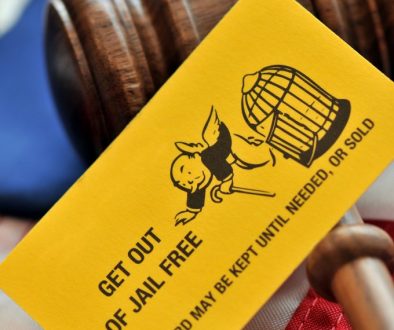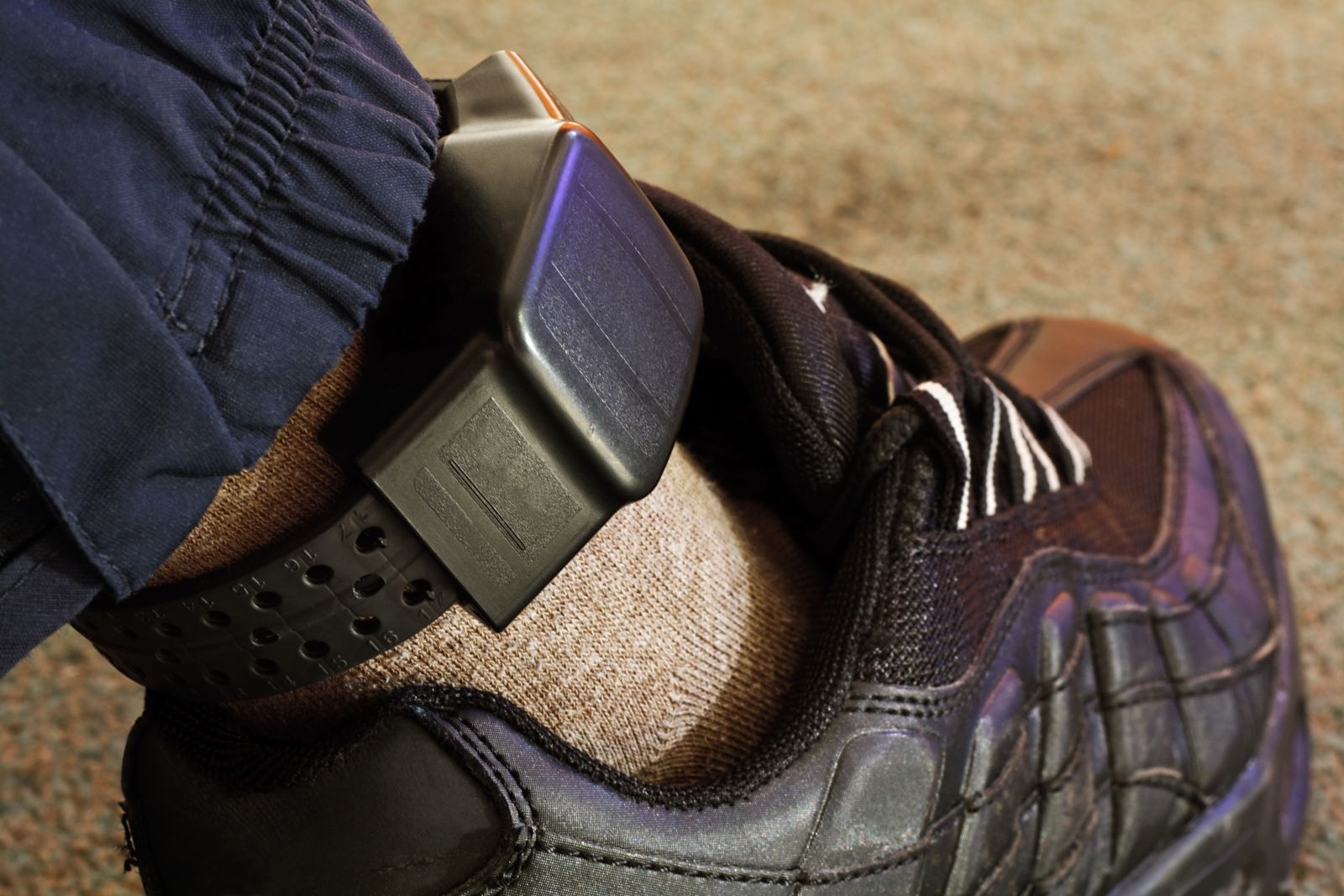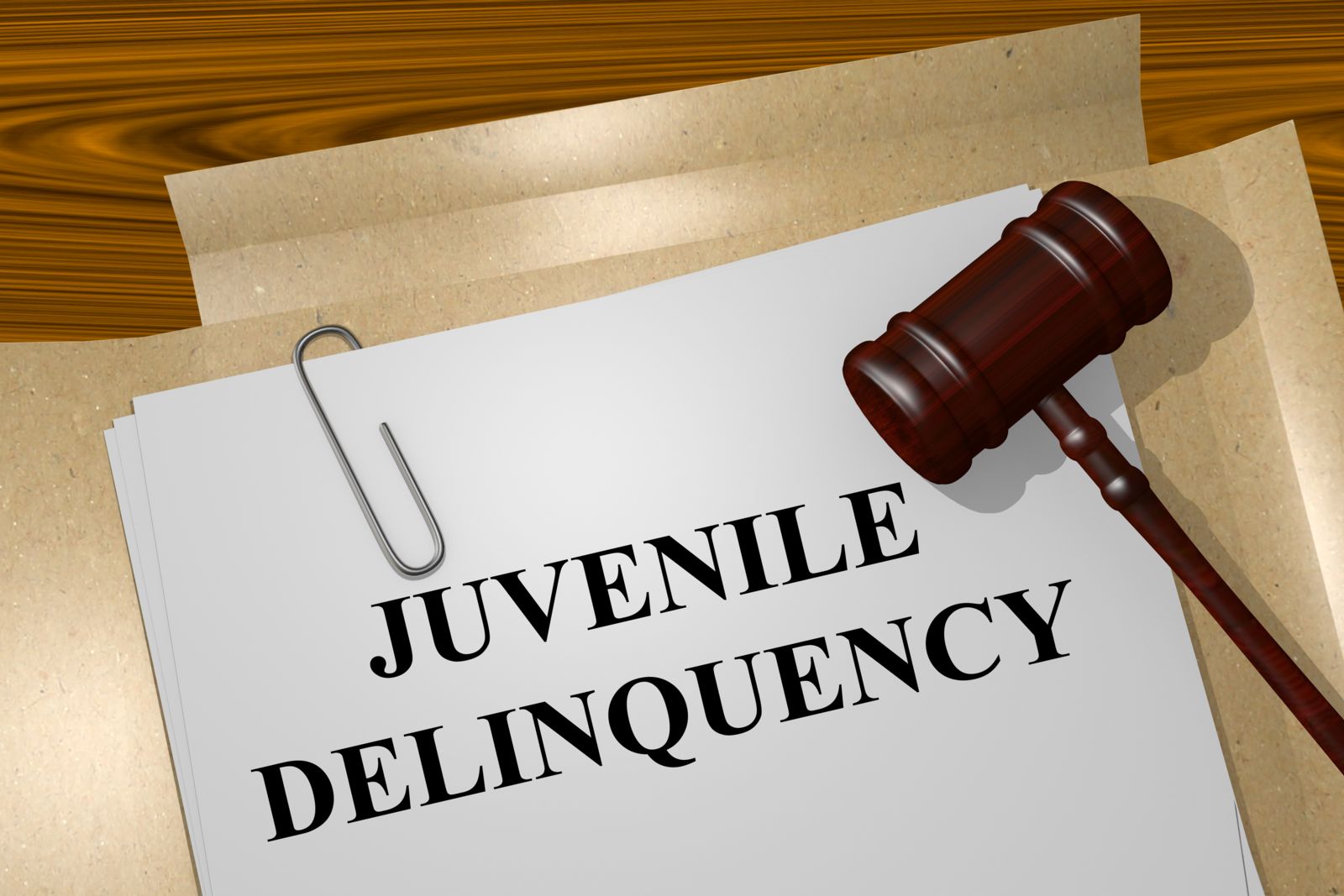PRE-TRIAL INTERVENTION (PTI) ELIGIBILITY IN NEW JERSEY
Pre-trial intervention (PTI) is a diversion program in New Jersey which allows a person to avoid a criminal conviction and be eligible for an expungement following completion of a program. Like Pennsylvania’s ARD program a person’s admission into the program is largely based on the prosecutor (assistant district attorney) discretion and the courts review of the matter. Like ARD in Pennsylvania, PTI is usually reserved for less serious offenses (misdemeanors), but this doesn’t mean that a person charged with a felony offense (indictable crime) in New Jersey is automatically ineligible for the program.
The fact that a person is charged with possession with intent to distribute a controlled dangerous substance (CDS) or a gun crime (Graves Act) does not automatically disqualify someone from it. There is strong case law to support that a county prosecutors office must consider a defendant individually and never categorically deny someone based on the offense alone. While a serious offense like a PWID (Title 35, Section 780-113, PA; 2C: 35-5, NJ), gun crime (Title 18, Chapter 61, PA; 2C: 39-5), aggravated assault (Title 18, Section 2702, PA, 2C: 12-1b, NJ), or even manslaughter (Title 18, Section 2503 & 2504, PA; 2C: 11-4, NJ) carries with it a presumption of ineligibility for the program, a prosecutor must still provide an explanation for the rejections.
The most common mitigating factors which would make a person eligible for PTI include:
- A clean criminal record (no prior criminal history)
- Employment
- Family support
- Cooperated with arresting officer
- Nature of the offense
Even if PTI is presumptively unavailable such as possession of a drug such as marijuana within 1000 feet of a school, the prosecutor cannot deny a defendant entry into the program without allowing him/her the opportunity to but the presumption with a showing of eligibility.
It is appropriate to reject the PTI application because of the nature of the offense when the guidelines express a presumption against PTI. In such cases where the offense is:
- Part of organized crime activity
- Part of continuing criminal business or enterprise
- Committed with violence or a threat of violence against another person
- Breach of public trust
In addition, a person charged with a 1st or 2nd degree crime involving the sale or dispensing of a schedule I or II narcotic should not be considered for admission into the program.
While a prosecutor must consider each application on an individual basis, courts do allow a great amount of deference during this review process. A judge who hears an appeal from a PTI rejection and affirms that rejection (agrees) should not preside at a bench trial on those charges.
What must a criminal defendant present to overcome a PTI ineligibility presumption?
When a defendant is presumptively ineligible for PTI he/she is required to present facts demonstrating his/her amenability to the rehabilitative process and show compelling reasons justifying his/her admission and establish that a decision against an enrollment would be arbitrary and unreasonable. The interest of justice may justify a denial from PTI even if a defendant has led an exemplary life except for the conduct which forms the basis for the pending criminal charges. By way of example—the mere fact that a rejected application will prevent someone from becoming a doctor or lawyer is not considered a “compelling reason” for one’s admission into PTI.
Contact Our Criminal Defense Lawyers in PA & NJ
Please click here to contact our Philadelphia criminal defense lawyers. We offer free case reviews and serve the following areas in Pennsylvania and New Jersey, Atlantic City, Camden, Cherry Hill, Chester, Conshohocken, Doylestown, Media, Norristown, Philadelphia, Pottstown, Salem, Upper Darby, Upper Merion, Upper Providence, Vineland & Woodbury areas.



